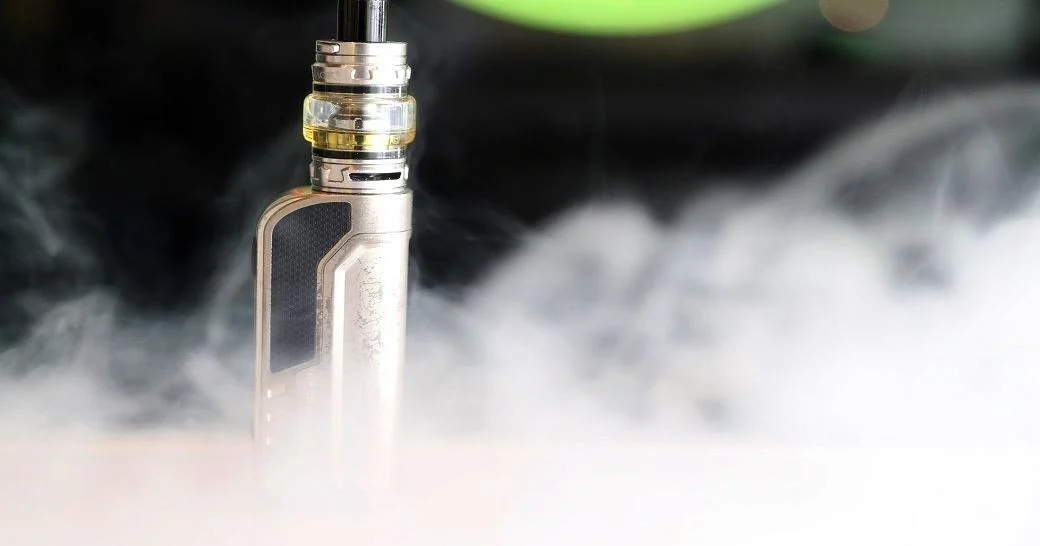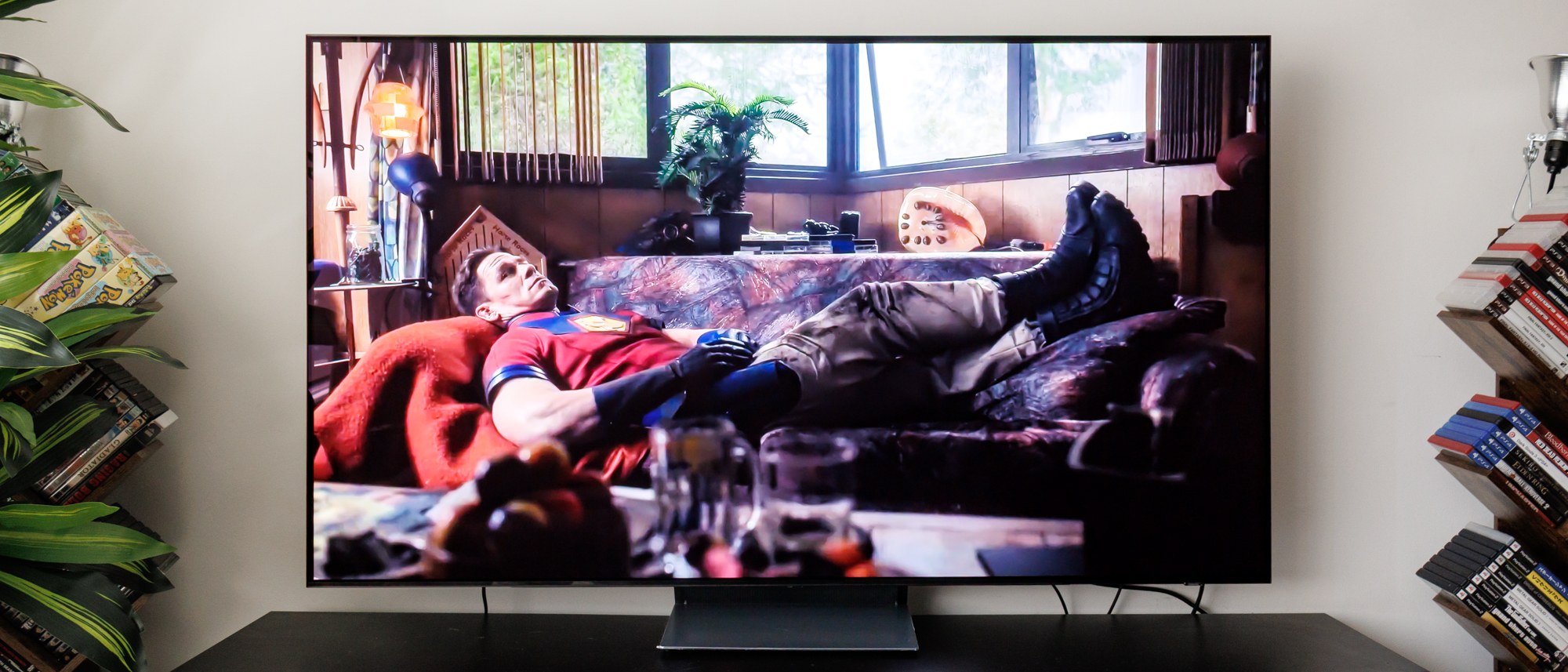
E-cigarettes, popular among young people, deliver highly concentrated amounts of nicotine, which can lead to rapid addiction among users.
That’s to say that quitting vaping is not as easy as just setting down the device.
Those who want to quit need support, and that’s where a new program called DropTheVape comes in. The program, administered by the New York State Quitline based at Roswell Park Comprehensive Cancer Center, is a free, confidential texting tool that is geared toward helping people, particularly youths, overcome nicotine addiction.
Christine Sheffer, a clinical psychologist and professor in Roswell Park’s Department of Health Behavior, led the program’s development and consulted with other experts, such as Texas A&M University professor Shereece Fields, who specializes in adolescent psychology and addictive behaviors. Once a person registers for DropTheVape, they will get two to four supportive texts a day for six weeks, with tips on how to handle stress, deal with cravings and remain confident in social settings.
“There are very, very few resources for young people to quit vaping and other nicotine products,” Sheffer said. “We know something like this, a behavior change with an addictive substance, takes time, and it kind of walks people through from the beginning to the end.”
Jenna Brinkworth, a community outreach specialist at Roswell Park, knows the program’s potential. Brinkworth heads up the Western New York Youth Anti-Vaping Coalition, a collaboration of agencies and community organizations trying to reduce youth vaping by providing evidence-based education and resources for schools, kids and families.
The coalition began meeting several years ago with just six organizations involved as vaping popularity was taking off. Today, Brinkworth said the coalition includes almost 100 organizations across the eight counties of Western New York that share what they are hearing and seeing in schools as well as what resources schools need.
The coalition is seeing an increased understanding that students need help and support to stop vaping, a more effective approach than schools punishing students caught vaping by sending them home or suspending them.
“You can’t just tell them to stop vaping and even if they want to, they need some support,” Brinkworth said. “So DropTheVape is a wonderful program for that.”
Brinkworth noted e-cigarettes are addictive products, made to look harmless by companies that market them with flavors and teen-friendly themes – practices that have caught the ire of New York Attorney General Letitia James.
Ecto World LLC, which does business as Demand Vape, and its affiliate Magellan Technology Inc. were among the 13 companies that Attorney General Letitia James sued on Thursday.
Brinkworth referenced studies done by Roswell Park’s tobacco lab that found a vape can contain nicotine equivalent to seven to 13 packs of cigarettes. And studies have shown that nicotine can harm an adolescent’s developing brain, with effects on attention, learning, mood and impulse control.
Sheffer said youth vaping dramatically increased from 2015 through 2018. While youth vaping rates have stabilized, she noted it “leveled off at a high rate,” meaning there is a significant proportion of young people still vaping.
According to data from the state Health Department, 18.7% of high school students in New York State used e-cigarettes in 2022, a drop from the peak of 27.4% in 2018 but still much higher than the initial rate of 10.5% recorded in 2014.
Meanwhile, cigarette smoking among high school students reached a new low of 2.1% in 2022, a 92% decrease in the youth smoking rate since 2000 when 27.1% of high school youth reported cigarette use.
“The good thing is they’re not smoking cigarettes,” Sheffer said, “but the proportion of young people who are actually using nicotine products is about the same or little higher.”
In 2022, 20.8% of New York State high schoolers, or one in five, used some kind of tobacco product, a drop from 2020 but similar to the rate recorded a decade earlier.
And since then, the use of nicotine pouches almost doubled among U.S. high schoolers between 2023 and 2024, according to a study from the Keck School of Medicine at the University of Southern California.
While DropTheVape was tailored toward young people and young adults, Quitline officials said the program can help people of all ages overcome a variety of tobacco products.
The state Health Department had previously launched a vaping-specific texting program for youths and young adults through a national vendor in early 2020. But operations this year transitioned to the Roswell Park-based New York State Quitline, which now administers DropTheVape on behalf of the Health Department.
The Quitline has responded to nearly 3 million calls since it started operating in 2000.
For information and registration on DropTheVape, visit DropTheVape.org. In addition, anyone seeking assistance to overcome the use of tobacco products may contact the NYS Quitline by calling 1-866-NY-QUITS (1-866-697-8487) or visit nysmokefree.com.
Jon Harris can be reached at 716-849-3482 or jharris@buffnews.com. Follow him on X at @ByJonHarris.
The business news you need
Get the latest local business news delivered FREE to your inbox weekly.
* I understand and agree that registration on or use of this site constitutes agreement to its user agreement and privacy policy.
Jon Harris
Health care reporter
Get email notifications on {{subject}} daily!
Your notification has been saved.
There was a problem saving your notification.
{{description}}
Email notifications are only sent once a day, and only if there are new matching items.
Followed notifications
Please log in to use this feature
Log In
Don’t have an account? Sign Up Today



